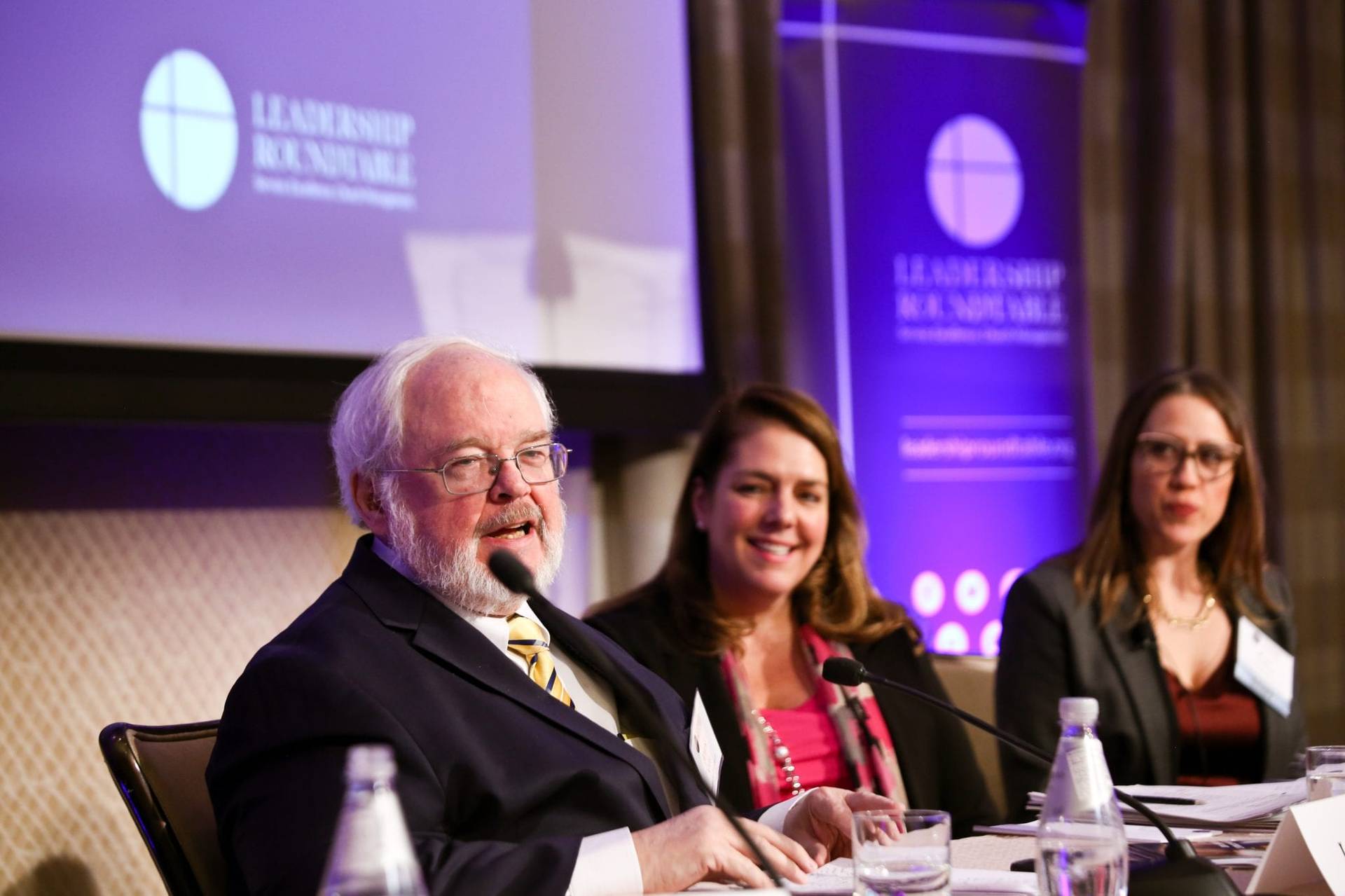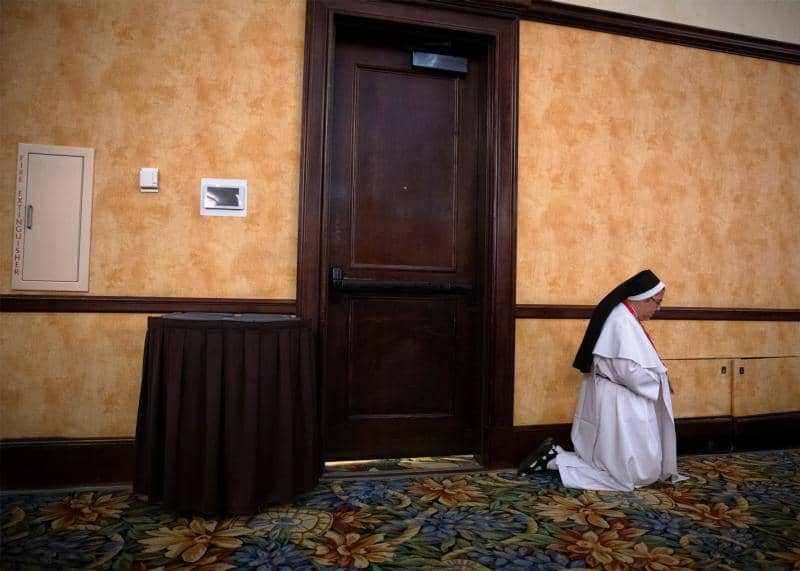ROME – One of the questions left open in the wake of Pope Francis’s Feb. 21-24 summit on clerical sexual abuse is what, exactly, is meant by a policy of “zero tolerance.” While everyone seemed to feel the Church needs it, exactly how to define it was far less clear.
For Americans who’ve been involved in efforts at Church reform, the term “zero tolerance” has a specific meaning. It refers not merely to being intolerant of sexual abuse and the clergy who commit it, but to imposing dismissal from the clerical state – i.e., defrocking – as the near-standard penalty for even one substantiated act of sexual abuse of a minor.
To put it more bluntly, it means being kicked out of the priesthood unless there are compelling and rare reasons for not doing so, such as advanced age. Inside and outside the summit, some voices suggested that’s a solution that perhaps makes sense in the context of a legalistic culture in the United States, but not necessarily everywhere else.
One of the “points of reflection” distributed by Francis on the opening day of the summit seemed to cut in that direction, recommending respect for the traditional principle under Church law of proportionality between crime and punishment. The recommendation referred only to ensuring that abusers are removed from “public ministry,” with no reference to defrocking.
In other words, there was some sense that defrocking as the definition of zero tolerance perhaps is an exclusively American concept – to which one outspoken Nigerian nun replied on Monday, and this is a paraphrase but not a distortion of her point, “bunk.”
“If found guilty, you shouldn’t just move [the cleric] to another diocese, or a village parish, or a monastery,” said Sister Veronica Openibo. “If it’s a grave offense, the person should leave the priesthood. To make our little ones into objects of sexual abuse is a grave sin.”
Openibo, the first African to serve as leader of the Society of the Holy Child Jesus, was one of three women to address the summit, which brought together presidents of national bishops’ conferences from around the world with heads of Eastern churches, Vatican potentates, and superiors of men’s and women’s religious orders. She holds a master’s degree in pastoral ministry and social work from Boston College.
During her address to the summit on Saturday, Openibo endorsed a zero tolerance policy on abuse: “By taking the necessary steps and maintaining zero tolerance with regard to sexual abuse we will release the oppressed,” she said.
During a news conference on Monday held by the Union of International Superiors General, the umbrella group in Rome for the heads of women’s religious orders around the world, she made clear she wasn’t just talking about removal from ministry, but removal from the priesthood.
“For a child who is abused, the stain remains for their whole life,” she said, speaking in response to a Crux question about what she understood by “zero tolerance.”
“Why would that person who abused a child, or children, stay in the priesthood?” she asked, rhetorically.
“I’m not saying we shouldn’t help this person,” Openibo said, “but this person cannot be in the priesthood.”
Openibo added that while defrocking is where zero tolerance should end, it begins with a willingness to take accusations seriously.
“Zero tolerance means when somebody is identified as an abuser, there needs to be some questions asked,” she said. “We should not just sweep it under the carpet. That doesn’t mean the alleged offender is automatically guilty, but we must make an investigation.”
“By listening to the victim and doing something about it, that’s where zero tolerance begins,” she said.
Openibo said that in her small group during the synod, she recounted a dream she’d had just that morning.
“I was given a child in my dream,” she said. “There was cold water … I put my hand in it, and I thought it was terrible, the child was nearly frozen. But I started slowly washing the child, and I kept slowly washing and cleaning,” she said.
“For me, that’s the image of what we should be as a Church,” she said. “As we say in my language, we must ‘shine our eyes’ so that we can see what’s happening around us and act on it.”
On Monday, organizers of the anti-abuse summit met senior Vatican officials to discuss follow-up to the event. It’s not clear to what extent defining “zero tolerance” will figure on their agenda – but if it does, there’s at least one African voice who clearly doesn’t see the “American” definition of the phrase as running out of gas outside American airspace.













